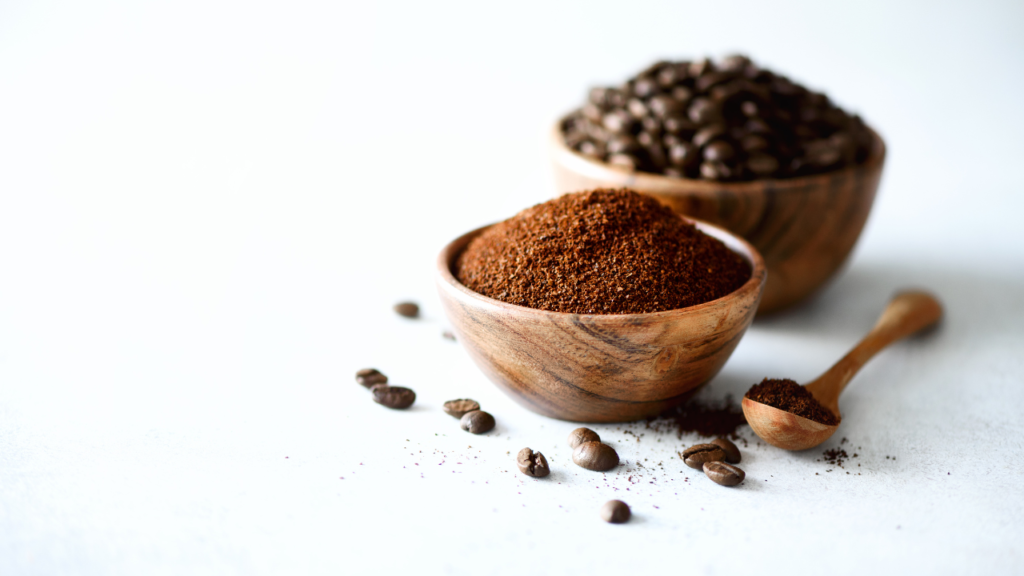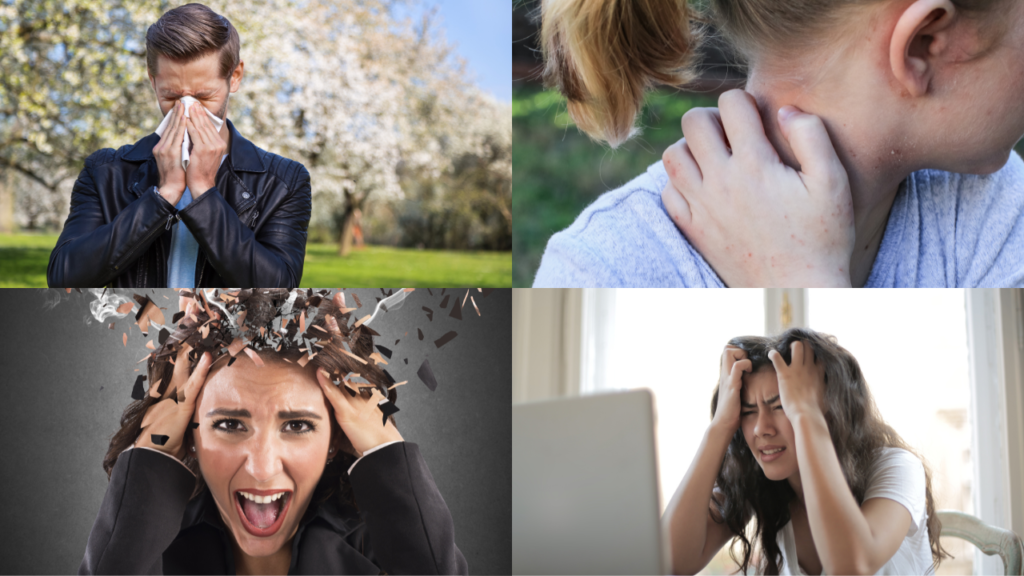
Can coffee cause eczema? This is a question that many people are asking, especially in light of the recent study linking coffee consumption with an increased risk of developing eczema.
So what does the research say? And more importantly, what can you do to protect yourself from eczema if you’re a coffee lover? Read on for answers to these questions and more.
Can Coffee Cause Eczema?

There is some evidence that coffee can increase the risk of developing eczema. A recent study found that people who consumed coffee were more likely to develop eczema than those who didn’t drink coffee. However, it’s important to note that this study was only observational, and so it doesn’t prove that coffee causes eczema.
There are a few possible explanations for why coffee might increase the risk of eczema. One is that caffeine may be dehydrating, and dehydration can make eczema worse. Additionally, coffee may contain allergens or other compounds that could trigger eczema in some people.
So what can you do if you love coffee but are worried about developing eczema? The best thing to do is to talk to your doctor. They can help you figure out if coffee is a potential trigger for your eczema and give you tips on how to reduce your risk of developing the condition.
Why Coffee Can Cause Eczema?
Coffee is a known eczema trigger for some people. Here’s what you need to know.
Eczema is a skin condition that causes patches of dry, itchy skin. While the cause of eczema is unknown, it’s thought to be caused by a combination of environmental and genetic factors. Some known eczema triggers include stress, allergies, climate conditions, and certain foods. Coffee is one of many food triggers for eczema that can vary from person to person. If you have eczema and notice that coffee aggravates your symptoms, try avoiding or limiting caffeine intake to see if your symptoms improve.
Can Decaf Coffee Cause Eczema?

There is no clear evidence to suggest that decaf coffee can cause eczema. However, some people may find that they are more sensitive to the caffeine in coffee, even in decaf form.
If you are experiencing eczema flare-ups, it may be worth trying to reduce or eliminate your coffee intake altogether to see if that makes a difference.
Other Reasons Why Coffee Can Cause Eczema

- Caffeine is a diuretic, which can cause dehydration.
- Coffee contains histamines, which can trigger eczema flare-ups in some people.
- Some coffee beans are roasted with oils that can aggravate eczema symptoms.
- Coffee is an acidic beverage, and eczema is often triggered by skin irritation from acidic or alkaline substances.
- Coffee can also increase stress levels, which can worsen eczema symptoms.
Bottom line: Even if you love your daily cup of coffee, it may be worth exploring other options if you have eczema. Consult with your healthcare provider for personalized advice and recommendations.
What Can Cause Eczema To Keep Coming Back?

There are many things that can cause eczema to keep coming back. Some of the most common causes include:
Environmental allergies
Environmental allergies can cause eczema by triggering an immune response that leads to inflammation. When the immune system is activated, it can cause the release of histamines, which can trigger eczema symptoms.
Dry skin
Dry skin can cause eczema by causing the skin to become irritated and inflamed. When the skin is dry, it can become more sensitive and susceptible to irritation. This can lead to the development of eczema symptoms.
Stress
Stress can cause eczema by triggering the release of histamines, which can lead to the development of eczema symptoms. Additionally, stress can cause the skin to become dry and irritated, leading to the development of eczema.
Hormonal changes
Hormonal changes can cause eczema by triggering the release of histamines, which can lead to the development of eczema symptoms. Additionally, hormonal changes can cause the skin to become dry and irritated, leading to the development of eczema.
Genetic predisposition
Genetic predisposition can cause eczema by making a person more susceptible to the development of eczema symptoms. If a person has a genetic predisposition for eczema, it means that they are more likely to develop the condition than someone who does not have this predisposition. This can make it more difficult to treat eczema and can lead to the condition recurring frequently.
It is important to identify the triggers for your eczema and take steps to avoid them as much as possible. This can help prevent frequent flare-ups and keep the condition under control. Additionally, proper skincare strategies and medication can also help manage eczema symptoms.
Should You Drink Coffee While Having Eczema?

There is no definitive answer as to whether or not you should drink coffee while having eczema. Some people find that drinking coffee makes their eczema worse, while others find that it helps to keep their symptoms under control. If you are unsure whether or not drinking coffee will aggravate your eczema, it is best to consult with your doctor.
Tips To Avoid Eczema
- Avoid hot baths and showers
- Don’t use too many skin care products
- Avoid harsh chemicals
- Quit smoking
- Drink plenty of water
- Eat a balanced diet with anti-inflammatory foods
- Manage stress levels
- Wear loose, breathable clothing
- Use non-irritating laundry detergents and fabrics
- Moisturize regularly with natural products like coconut oil or shea butter.
Can Coffee Actually Help With Eczema?
There is some anecdotal evidence that drinking coffee may help to improve symptoms of eczema. However, there is currently no scientific evidence to support this claim. Some people believe that the caffeine in coffee may help to reduce inflammation, while others believe that the antioxidants in coffee may help to protect the skin. More research is needed to determine if coffee can actually help to improve symptoms of eczema.
Can Coffee Cause Eczema: The Verdict
There is still much research to be done in order to conclusively say that coffee can help with eczema. However, the early signs are promising and it seems like something worth trying for those who suffer from this skin condition.
If you’re interested in giving coffee a try as a potential treatment for your eczema, we recommend starting slowly by adding just one or two cups of black coffee per day to your routine. Monitor how your skin responds and adjust accordingly.
Check out our blog on whether coffee can cause rashes here.
